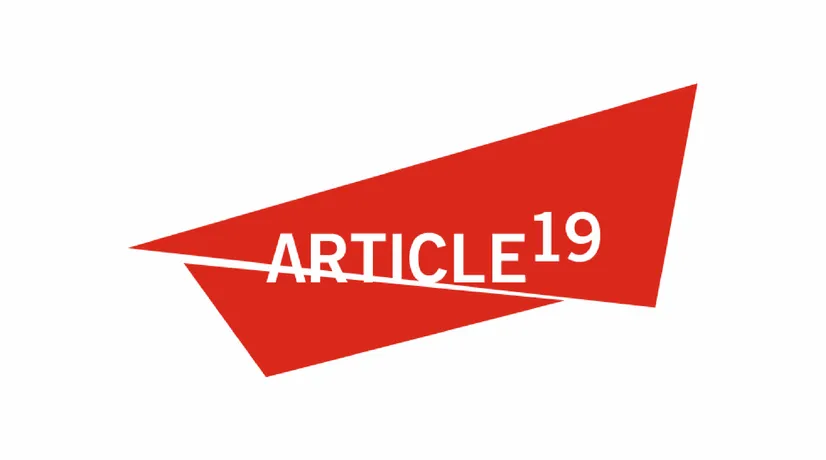The Right to Freedom of Expression in the Context of Myanmar’s 2020 General Election
21 April 2020

As Myanmar approaches general elections in 2020, freedom of expression remains highly restricted. Since the 2015 elections, authorities have imprisoned journalists, activists, and others exercising their right to freedom of expression under colonial-era laws as well as newer legislation. Many of these individuals were targeted after criticising the government, military, or political figures, demonstrating the limits to political discourse in Myanmar.
Authorities have curtailed expression in other ways, including by shutting down the Internet in Rakhine and Chin States. Ongoing for nearly nine months at the time of writing, the Internet shutdown stifles public discourse on policy issues and precludes the development of a fully informed electorate.
The Union Election Commission is responsible for regulating elections and has curtailed expression by political parties and candidates in past elections, particularly through prior censorship requirements. Electoral law provides for the dissolution of parties, as well as the disqualification or even prosecution of politicians, under vague provisions that prohibit ‘disloyalty’ to the Union and the utilisation of race or religion for political purposes. The laws provide a powerful tool for the government, military, or politicians to target their critics.
Myanmar faces severe problems with the proliferation of ‘hate speech’, but the government has done little to address the root causes of intolerance and discrimination effectively. A draft bill to combat ‘hate speech’ relies on overly broad criminal measures that could be weaponised against those with dissenting political opinions in the run-up to the election. Government responses to ‘hate speech’ hence risk both under- and overreacting to the problem.
This briefing paper describes the legal and policy framework relating to freedom of expression in the context of Myanmar’s elections. It provides recommendations to the government of Myanmar to protect the right to freedom of expression during the upcoming elections and identifies priorities for future reforms.
In the short term, the government of Myanmar should release those detained or imprisoned for their exercise of the right to freedom of expression. It should refrain from arresting anyone merely for exercising this right in the run-up to the election. The government should immediately lift restrictions on mobile Internet access in Rakhine and Chin States and abandon its proposed anti-‘hate speech’ legislation. The UEC should not issue any measures amounting to prior restraint on the expression of political parties and candidates and should ensure that broadcast regulations comply with the right to freedom of expression. Any government engagement with social media platforms should be conducted transparently and in line with international law and standards.
In the long term, the government of Myanmar should work to repeal or reform all laws that violate the right to freedom of expression under international human rights law and standards. These include laws that unduly criminalise expression, give broad power to the government to cut-off Internet access, and impermissibly restrict the expression of political parties and candidates. The government should reform the UEC into a genuinely independent body. Further, it should put significant resources into a national action plan aimed at combating the root causes of intolerance and discrimination in Myanmar.
Announcements
21 May 2025
Open letter: Malaysia must lead ASEAN with principle, not hypocrisy, to address the Myanmar crisis

Progressive Voice is a participatory rights-based policy research and advocacy organization rooted in civil society, that maintains strong networks and relationships with grassroots organizations and community-based organizations throughout Myanmar. It acts as a bridge to the international community and international policymakers by amplifying voices from the ground, and advocating for a rights-based policy narrative.